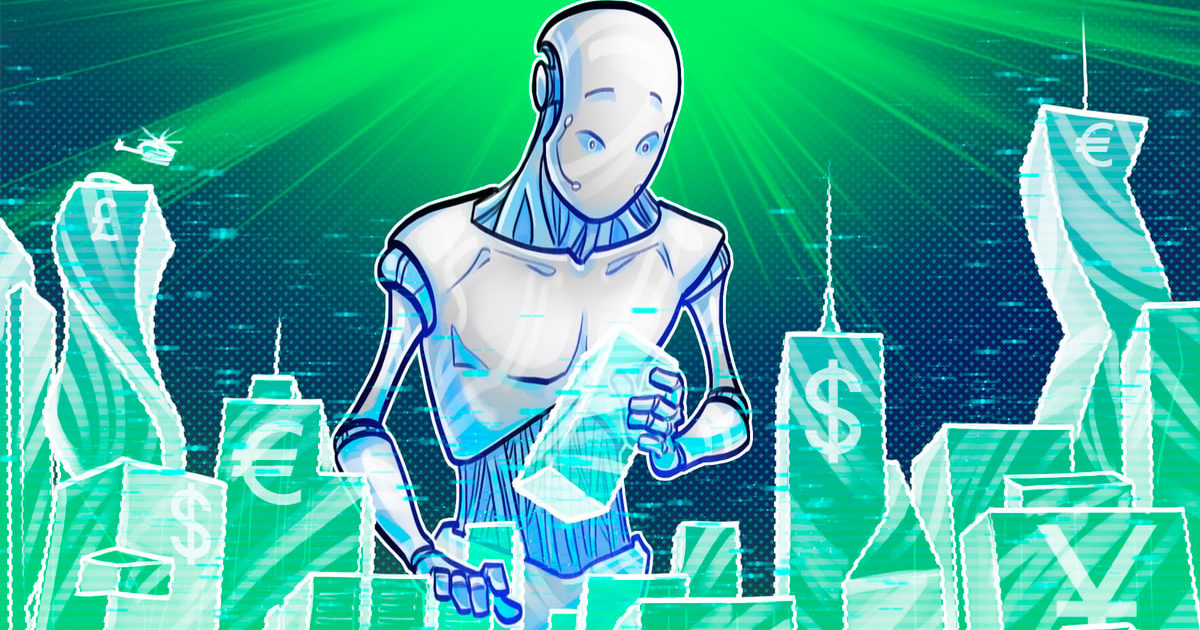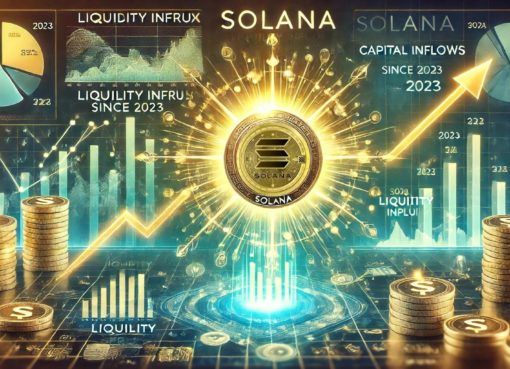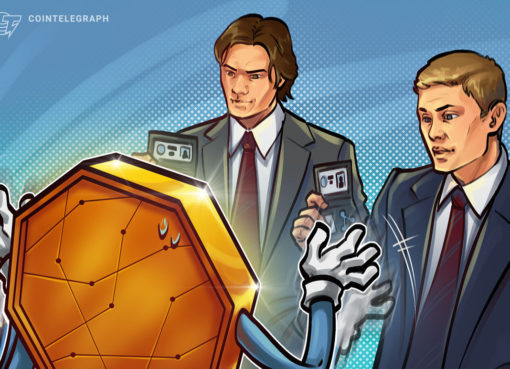With the advent of readily available artificial intelligence (AI) applications such as ChatGPT, we are ushering in a new era of rapid improvements in blockchain-based smart contracts. This convergence of innovative technologies will transform industries and pave the way for unprecedented levels of contract development, automation and efficiency.
Blockchain’s decentralized ledger technology powering cryptocurrencies like Bitcoin and Ethereum has gained widespread attention for its unparalleled ability to promote transparency and trust among network participants. Simultaneously, AI has made incredible strides in natural language processing (NLP), machine learning (ML) and data analysis. When these two titans collide, they hold the potential to radically change smart contract execution and enhance blockchain network functionality.
AI supercharges blockchain networks
By nature, blockchain networks are decentralized, ensuring no single point of control or failure. While decentralization bolsters security, it also presents many scalability and efficiency challenges. Enter AI — ready to optimize data processing and storage on the blockchain. One notable limitation of blockchain technology is its sluggish transaction speed compared to traditional payment systems. AI algorithms can come to the rescue by predicting and prioritizing transaction processing, enabling faster confirmation times and a seamless user experience. Additionally, these intelligent systems can detect network congestion patterns, empowering the blockchain to adapt dynamically and maintain peak performance.
Join the community where you can transform the future. Cryptox Innovation Circle brings blockchain technology leaders together to connect, collaborate and publish. Apply today
AI doesn’t stop there. It can also bolster blockchain network integrity by detecting and preventing fraudulent activities. Machine learning (ML) algorithms analyze transaction data to identify suspicious behavior and flag potentially malicious actors. This proactive security approach can not only deter bad actors but can also strengthen the network’s trustworthiness.
AI elevates smart contract execution
Despite the name, smart contracts aren’t really contracts. They are self-executing agreements encoded on a blockchain with their terms directly inscribed in code that will automatically execute when predetermined conditions are met. They offer transparent, tamperproof and, most importantly, cost-effective alternatives to traditional contracts. Unfortunately, smart contracts, rigid by design, can struggle to process complex transactions and don’t easily adapt to evolving circumstances. This is where AI can step in to enhance smart contract execution and functionality.
Fluid, responsive smart contracts
Since smart contracts are written in code, they can be rigid and inflexible by design. AI has the potential to dynamically adjust smart contracts, allowing them to adapt to shifting conditions and assimilate new information as it arises. For instance, a machine learning algorithm could update contract terms based on real-time market conditions or asset performance. By integrating AI, smart contracts become more intelligent and responsive, facilitating intricate and context-aware agreements that cater to the involved parties’ needs.
Streamlining dispute resolution
Disputes in smart contracts can stem from misinterpretations, errors or disagreements between parties. AI has the potential to greatly improve the dispute resolution process as it should be able to evaluate and interpret smart contract terms and independently evaluate and potentially resolve issues before contract execution.
Empowering decision-making with predictive analytics
AI can vastly enhance the decision-making process for smart contracts. By tapping into predictive analytics, AI can scrutinize vast datasets, identifying trends, patterns and potential risks that could affect a contract’s outcome. This sophisticated analysis can deliver invaluable insights that inform smart contract negotiation and drafting, tailoring them to the parties’ specific needs and goals. Using a data-centric approach, we can minimize risk and reduce uncertainty, leading to more informed decision-making.
AI and blockchain’s collaborative future
The confluence of AI and blockchain technology is paving the way for more intelligent, secure and streamlined smart contract ecosystems. With an unprecedented potential when combining AI and blockchain, it’s going to be interesting to see the developments from both spaces as they look to strengthen each other and improve the experience of the users they serve.
Brad Spannbauer is the founder of Currency Hub, a blockchain and crypto company. His career includes time in the healthcare data sector.
This article was published through Cryptox Innovation Circle, a vetted organization of senior executives and experts in the blockchain technology industry who are building the future through the power of connections, collaboration and thought leadership. Opinions expressed do not necessarily reflect those of Cryptox.
Learn more about Cryptox Innovation Circle and see if you qualify to join




